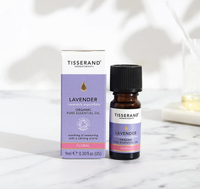32 tried and tested ways to improve your sleep
Having a hard time nodding off? These tips and tricks are here to help
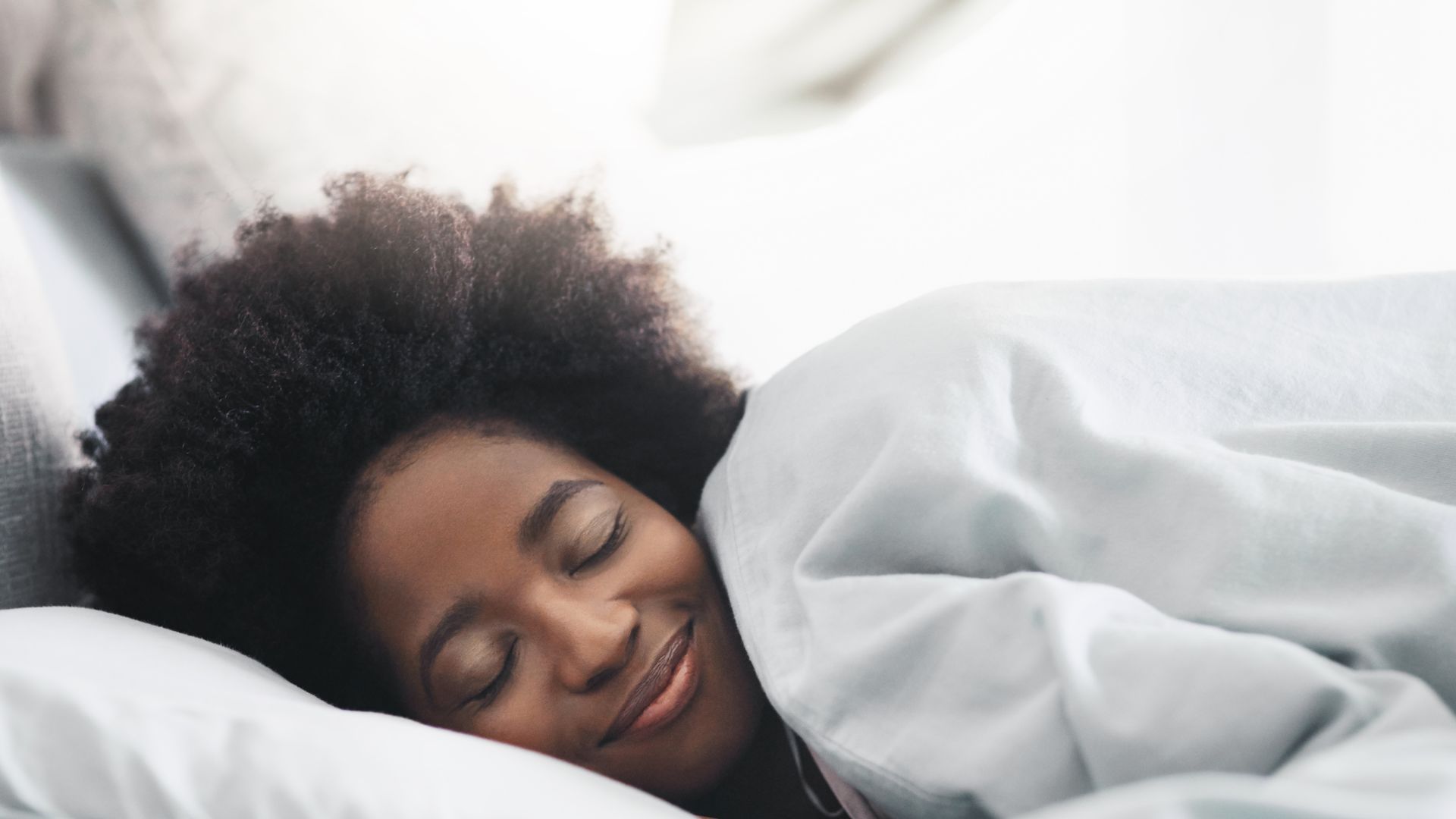
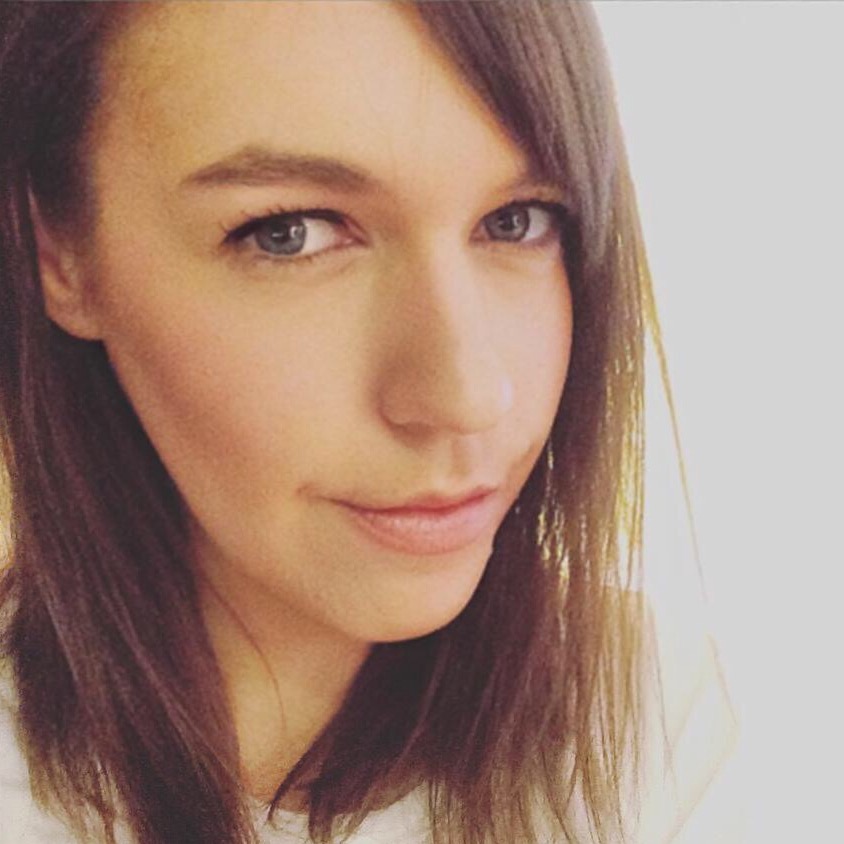
Sleep - and whether you’re getting enough of the good stuff - has the power to transform your days, mood, and energy levels.
So if you’re wondering how to sleep better or how much sleep you actually need, look no further. While everyone is different when it comes to getting a good night’s rest, these easy tips and hacks will give you the best chance of sleeping soundly night after night.
32 tried and tested ways to improve your sleep
Add a drop of lavender oil to your pillow
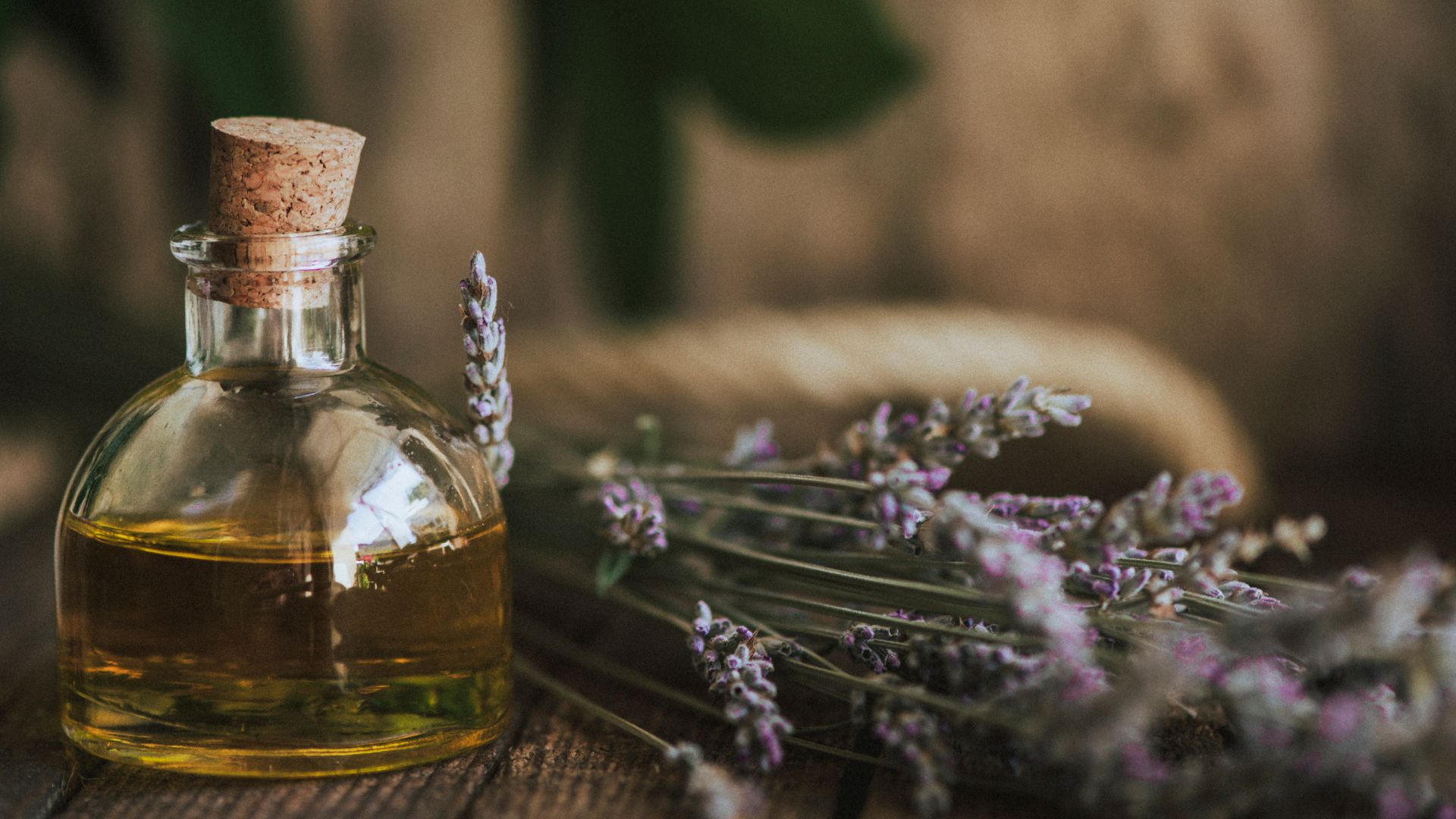
Known for its ability to help with a good night’s sleep, lavender essential oil has a sublimely calming effect and helps with relaxation. Try a drop on your pillow each night before you go to bed, or rub a drop into your pulse points on your wrists and inhale the heady aroma a few times before drifting off.
Lavender Oil, £8.50 | Tisserand
This organic lavender pure essential oil will have you nodding off in no time.
Get into a strict routine

The key to getting a good amount of deep sleep each night is to create a routine. Set a bedtime that works well for you, see this as your sacred time, and stick to it every night. Before bed, you should follow the same pattern too. Perhaps you like to wash and moisturise your face, brush your teeth, and then settle into bed with a book.
Drink cacao
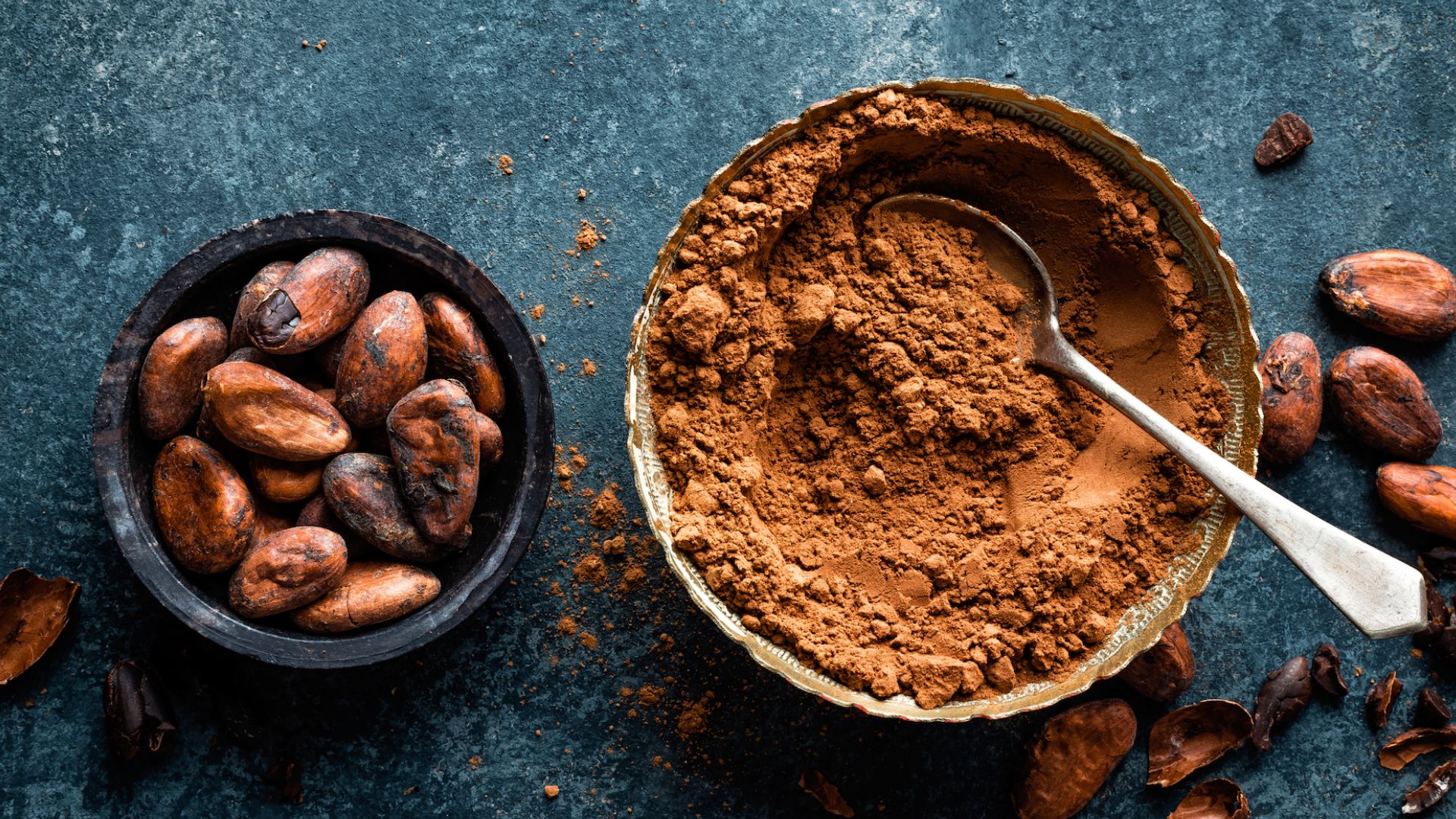
Raw chocolate, otherwise known as cacao has been used for millennia in ritual ceremonies and to aid sleep. Since it contains magnesium, which is a powerful relaxant, it can quieten the nerves and allow you to drift off into a deep slumber - no wonder it has the nickname ‘food of the gods’. The key is to blend raw cacao with milk, nut milk, or water - you want to avoid anything that has added sugar as this can stimulate and have the opposite effect.
Avoid alcohol

If you’re struggling with getting a good night’s sleep, it’s worth cutting down or cutting out alcohol entirely. Alcohol severely disrupts sleep and your body’s circadian rhythm, and also ensures you spend less time in the REM sleep cycle (the most restorative part of sleep). If you still want the occasional tipple make sure you stop drinking at least three hours before bed.
Listen to a podcast
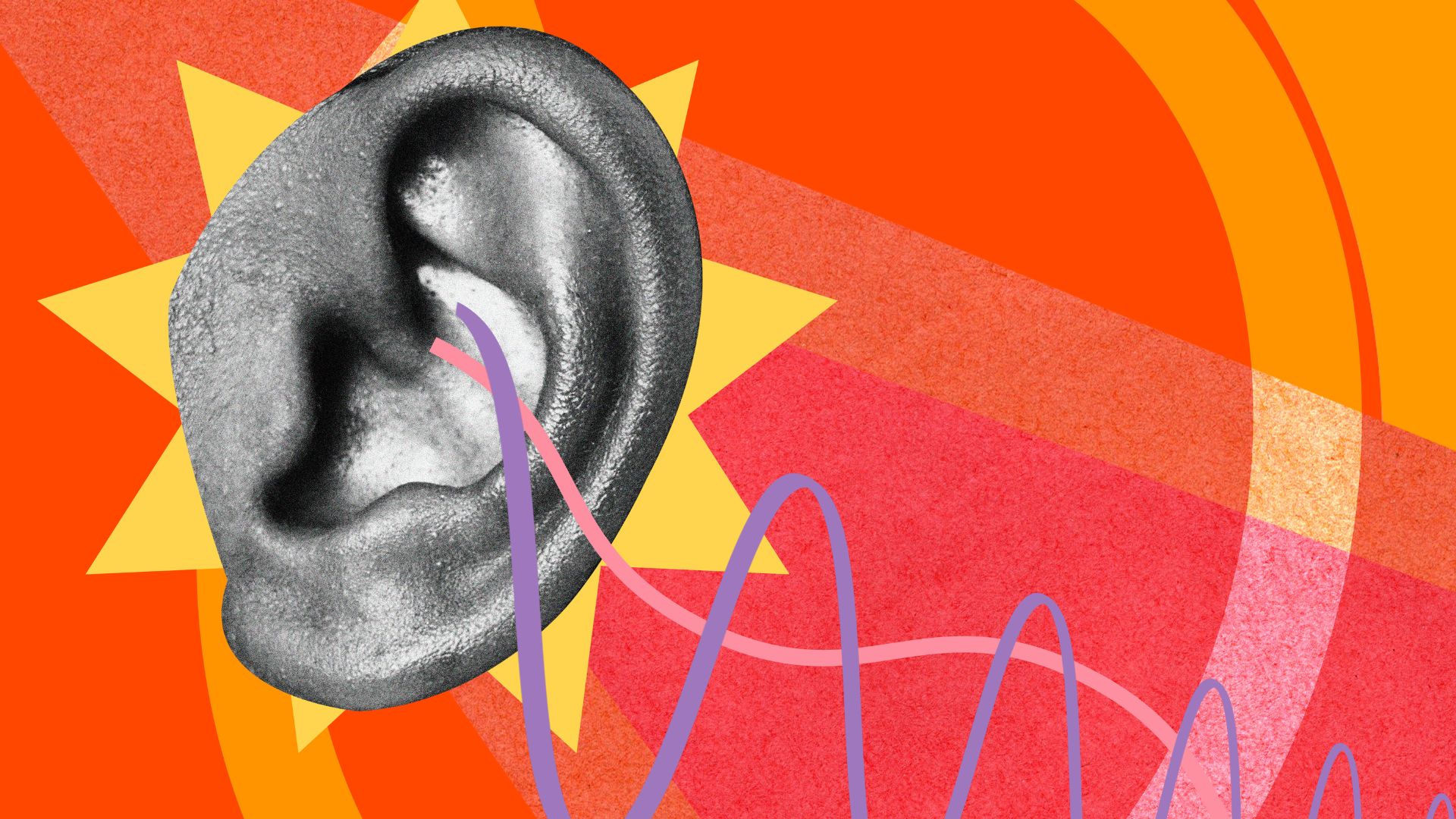
There’s something ever so soothing about listening to the dulcet tones of a calming podcast. With an abundance of beautiful recordings to pick from it’s easy to make listening to one of the best podcasts each night part of your routine. We adore Modern Love by The New York Times.
Sign up for the woman&home newsletter
Sign up to our free daily email for the latest royal and entertainment news, interesting opinion, expert advice on styling and beauty trends, and no-nonsense guides to the health and wellness questions you want answered.
Take a bath
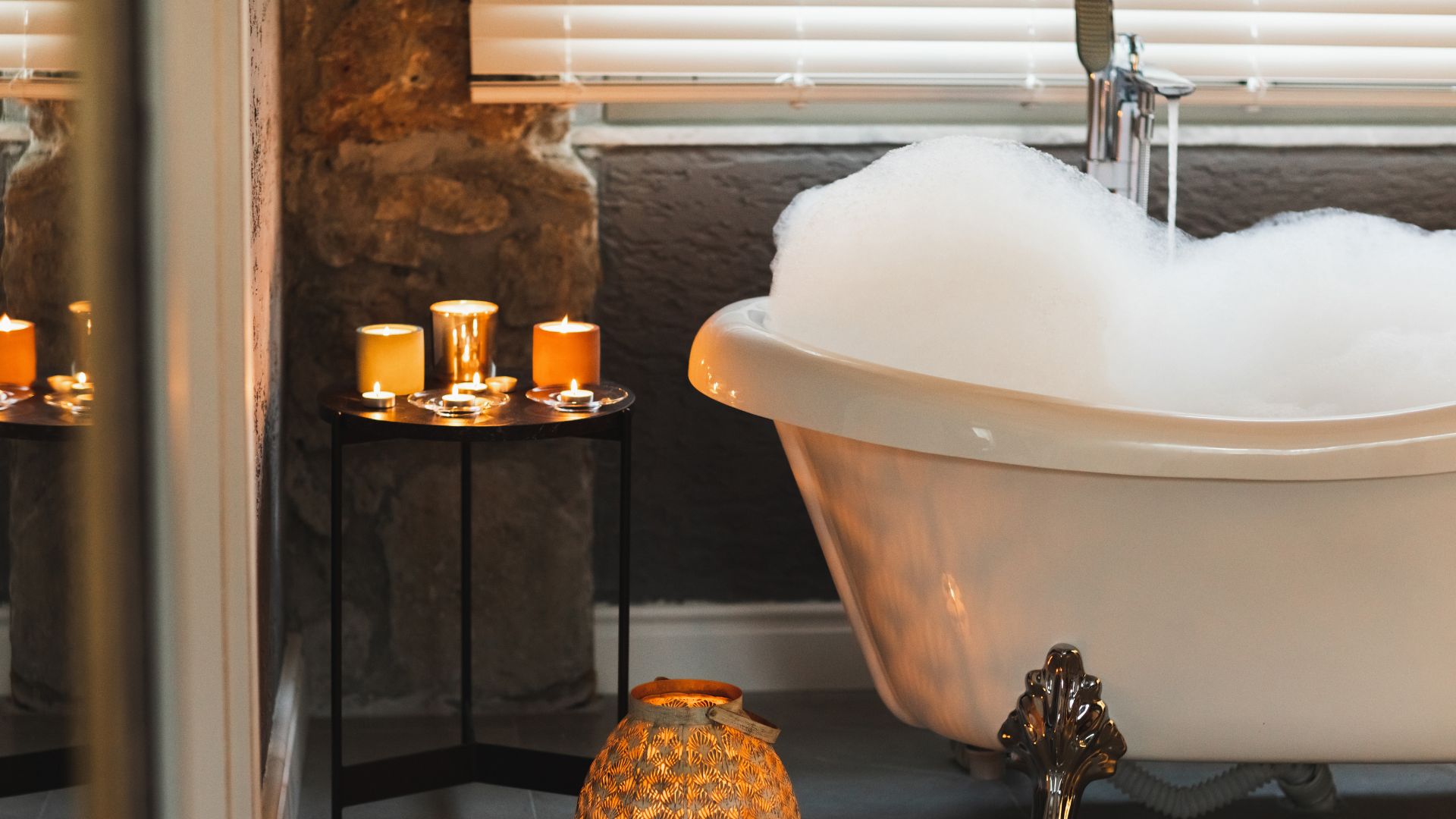
There’s no disputing the healing properties of water and bathing has been known and used for centuries to aid relaxation, improve blood circulation, and elevate moods. While it’s good to go to bed with a slightly cooler core body temperature, this will be achieved when you exit the bath, which produces the sleep hormone melatonin. Add a few drops of lavender oil to your bath for the ultimate chilled vibes.
Do a pre-sleep meditation

Cast aside your preconceived notions of meditation because there are a range of ways to bring this practice into your life whether you’re a believer or not. From body scan YouTube tutorials to diaphragmatic breathing programmes, you're guaranteed to find something that fits in with your bedtime routine. Just three to five minutes when starting out is enough and will lead to a quieter mind and better sleep quality over time.
Try a pillow mist

Much like adding a few drops of lavender to your pillow can help with sleep quality a light mist of essential oils like the ones found in Neom’s Perfect Night Sleep Pillow Mist works wonders. Made up of English Lavender, Sweet Basil and Jasmine, this gorgeously scented mist will elevate your bedtime routine instantly.
Light natural candles
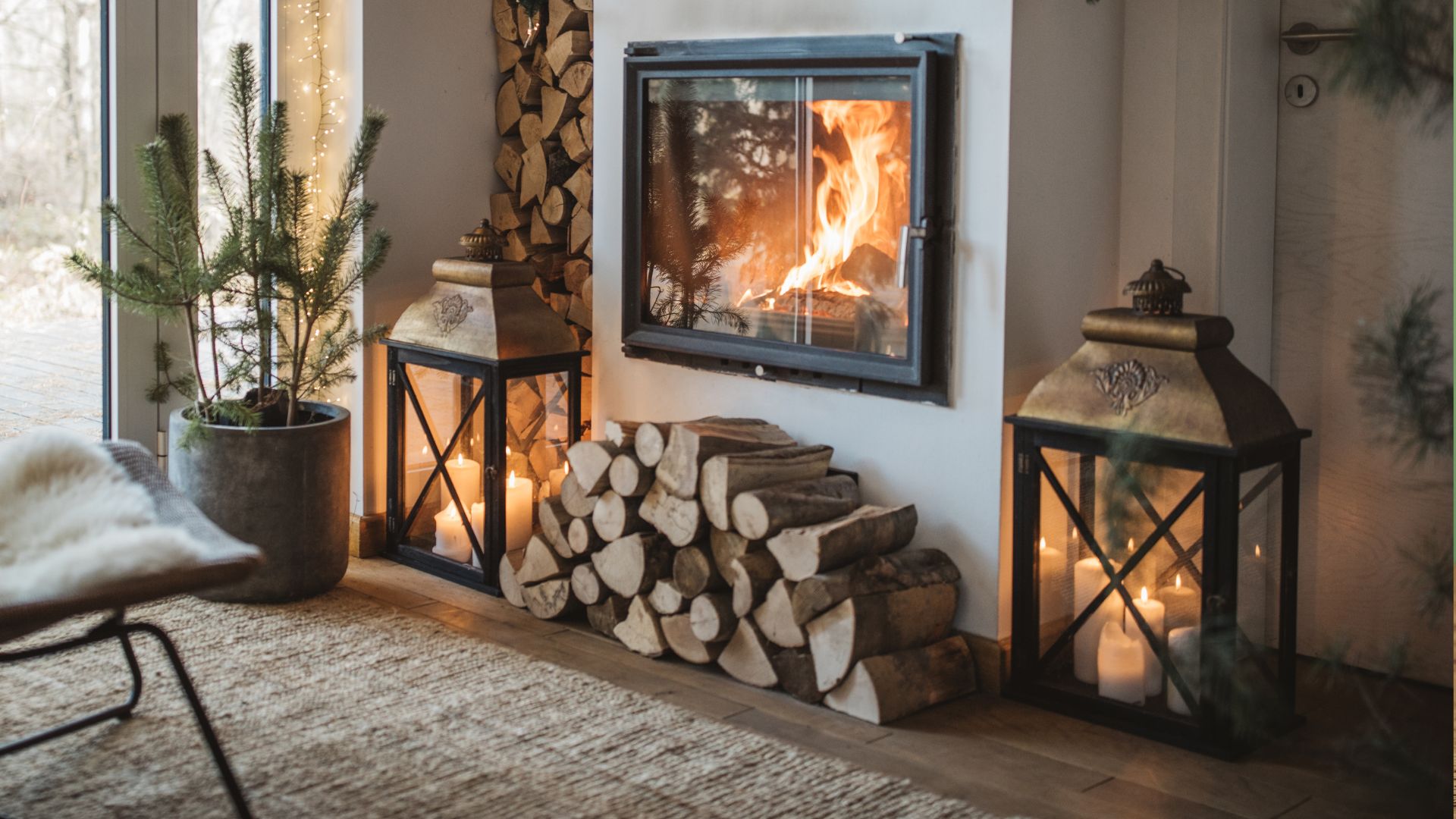
The key here is to avoid synthetic fragrances, you only want natural candles and oils burning in your home. The art of watching fire or the flicker of a lit candle ignites a primal feeling of security within our psyche that harks back to the times of our ancestors. Try lighting candles or if you have a log burner or open fire, even better - the calming crackle and flickers of fire will soothe your mind and body before bed. Just remember to use a fire guard and extinguish candles before you take yourself off to bed.
Get a good book

According to the Sleep Foundation, “When a person reads in bed, their heart slows and their muscles release tension, allowing the body to relax.” This means that “reading at bedtime may calm the mind and keep it from dwelling on stressful circumstances.” Looking for your next top read? We rate August Blue by Deborah Levy, On Mexican Time by Tony Cohen and Love in the Tsunami by Ashok Ferrey.
Make sure to exercise during the day

While it’s advisable to avoid strenuous exercise in the hours leading up to bedtime, at least 30 minutes of exercise is imperative for good sleep during the day. Try swimming, jogging, or pilates to reap the benefits on mind and body.
Eat nourishing foods

Healthy, immune-boosting foods like pomegranates, ginger and watermelon will help keep you fighting fit, in turn leading to better sleep. ‘You are what you eat’ is a saying for a reason, so if you’re consuming lots of sugary, processed foods your body and mind won’t be at their best and so sleep quality will be affected. Try cooking meals from scratch and getting plenty of fresh vegetables, fruits and nuts into your diet.
Avoid sugar before bed and cut down in general

Sugar is sleep's worst enemy. In a study for the National Library of Medicine it was found that “diets high in sweets, sugar-sweetened beverages, and refined carbs were associated with poor sleep quality”. Reason enough to step away from the pre-bed snacks. If you are hungry before bed, try unsweetened cacao blended with milk or water.
Listen to calming music

Rather than get pepped up on the latest Netflix drama before bed, start to wind down with some soothing music. Music is proven to reduce cortisol levels and trigger the release of dopamine, making you feel good, relaxed and calm. We like Krishna Flute Music for Positive Energy.
Keep cool
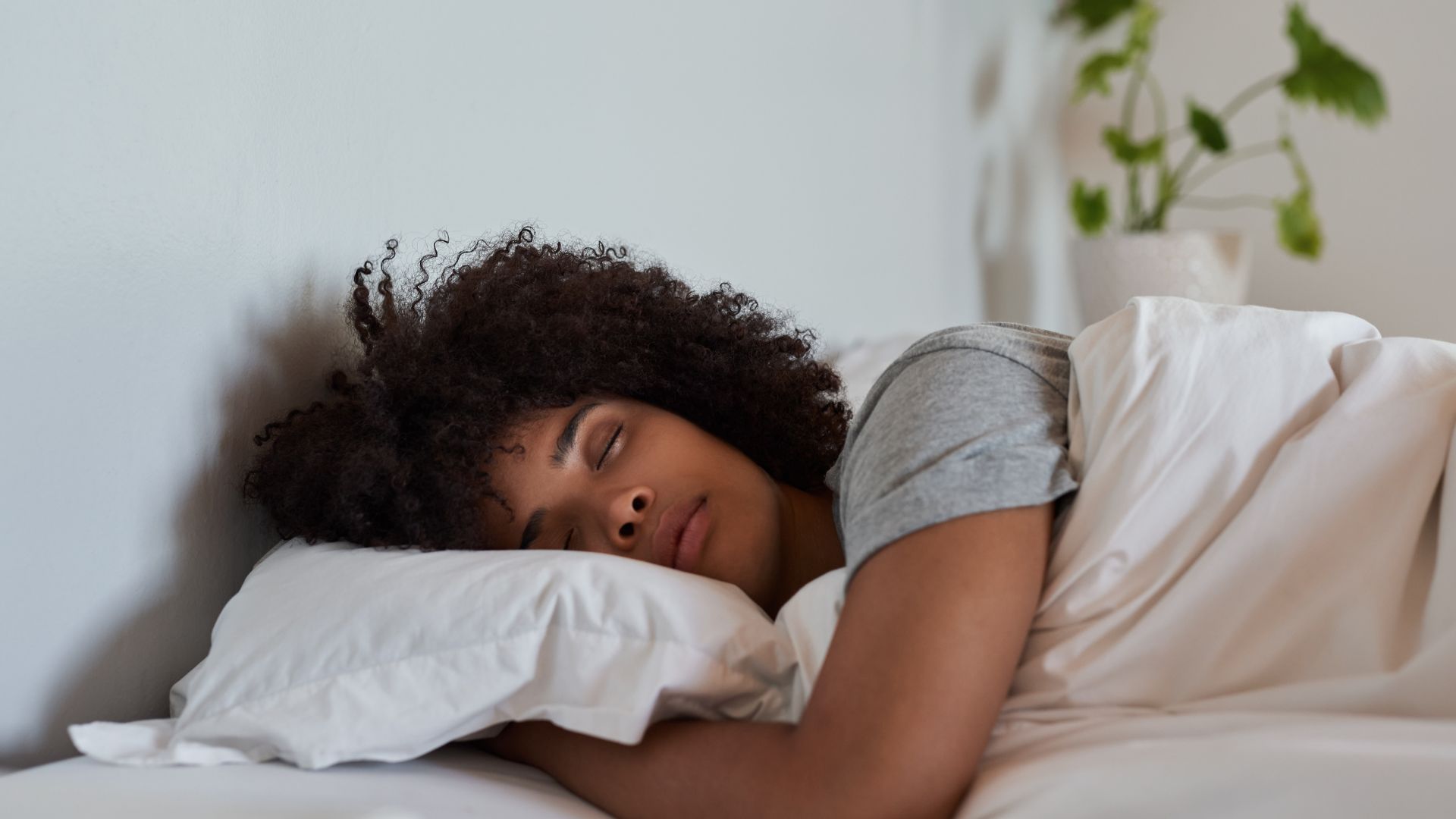
Avoid overheating in bed and keep a cooler bedroom atmosphere by turning off radiators and heaters at least a few hours before you get into bed. Cooler climates are conducive to deeper sleep so say goodbye to that electric blanket.
Step away from your phone
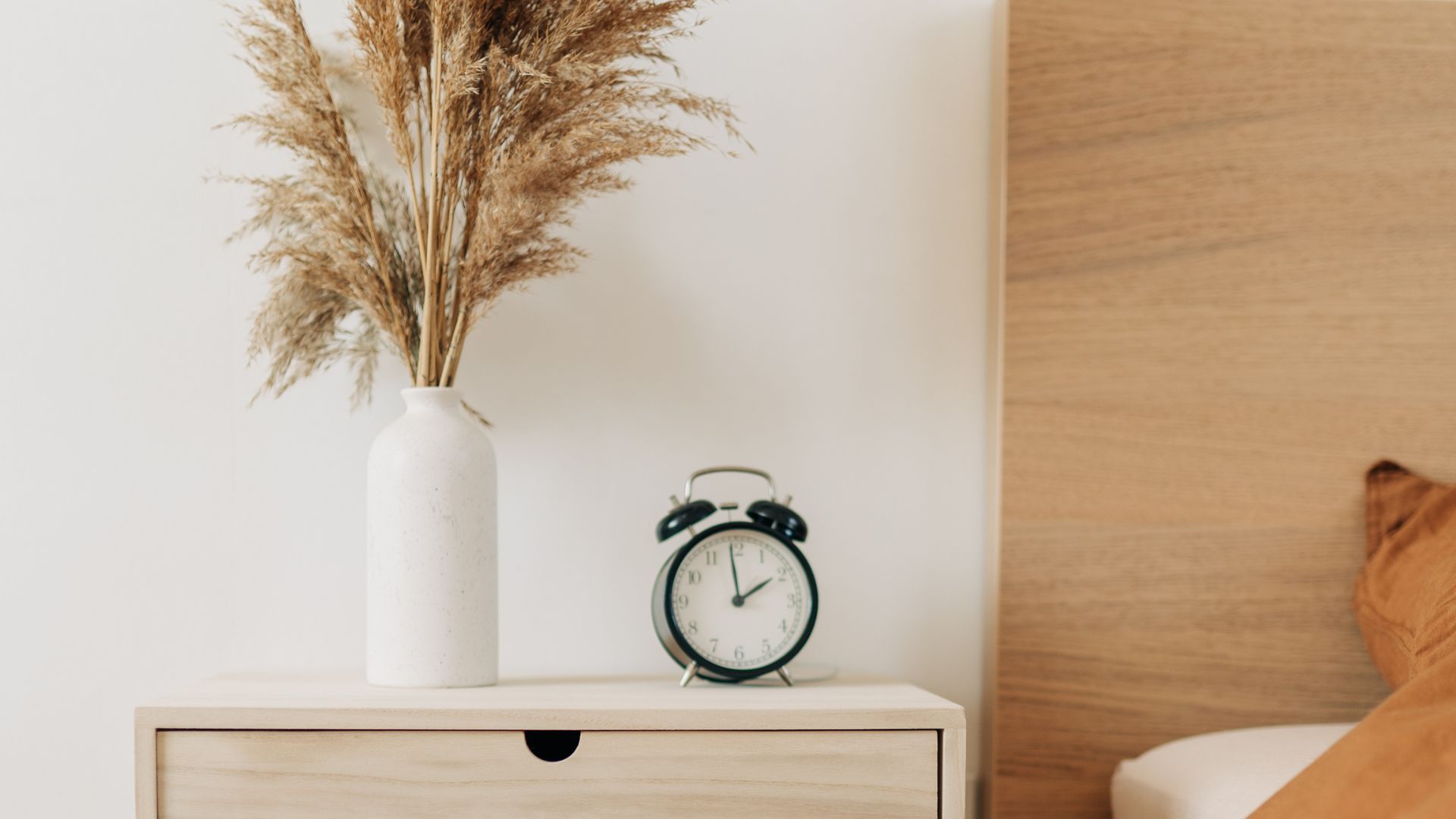
A no-brainer, but we all continue to take our phones into our sacred bedroom space. Start leaving your phone outside of your bedroom, buy an alarm clock and aim to take a last look at your phone at least two hours before you intend to go to sleep.
Have sex
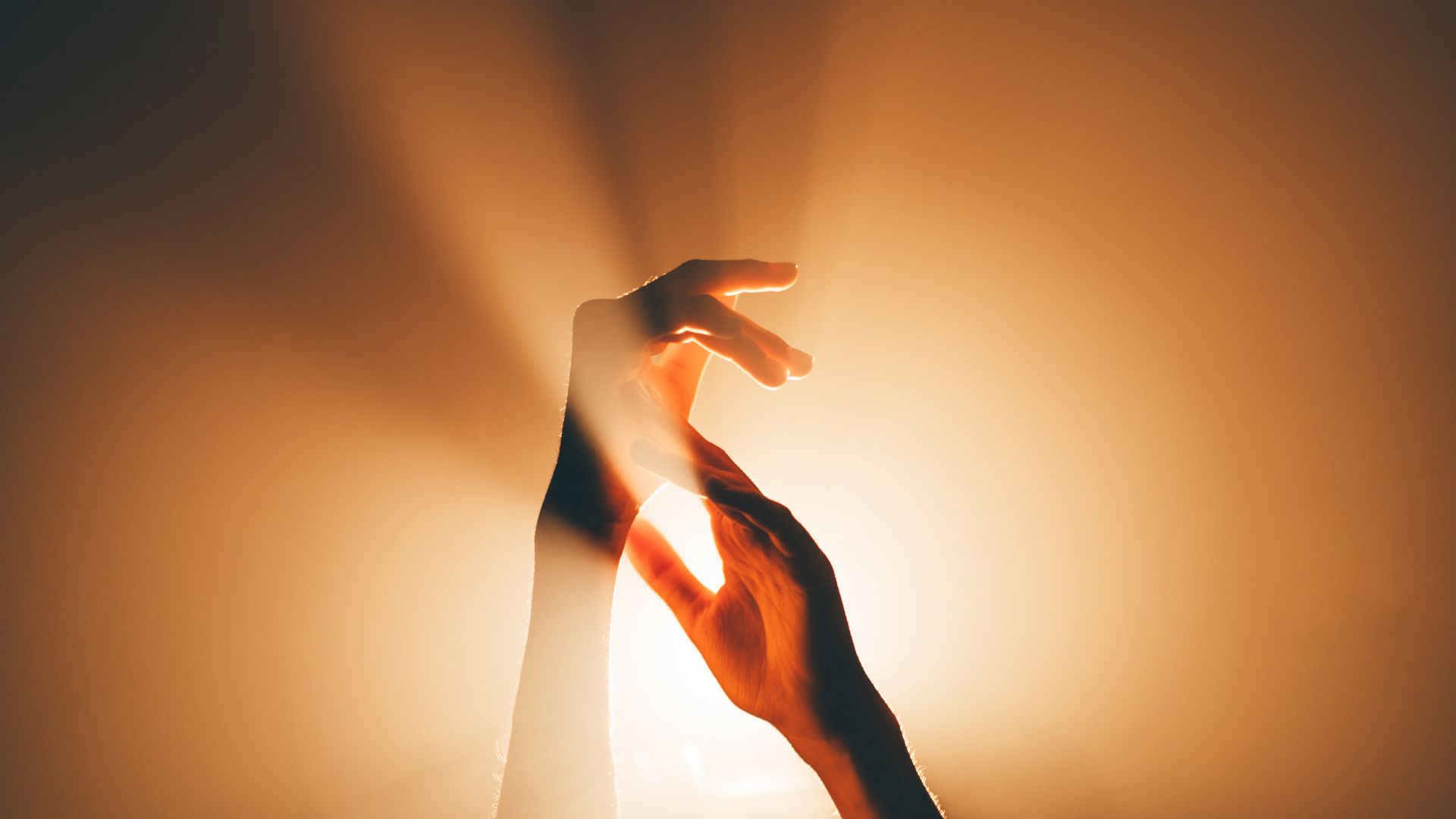
Sex boosts estrogen and oxytocin levels, both of which promote a restful night’s sleep. Flying solo? Masturbation has the same effect minus the postcoital cuddles. Get comfortable knowing what makes you feel good, the resulting endorphins will relax and unwind, and in turn, give you a better night’s sleep.
Think about investing in a sunrise alarm clock

There’s nothing more anxiety-inducing than being pulled from a deep sleep by the buzz and beep of an aggressive alarm so why not consider a sunrise alarm clock? Instead of noise, the alarm utilizes a gentle low light that slowly becomes brighter as time passes. As well as waking you gently, it helps regulate your circadian rhythm, in turn leading to better, deeper sleep.
Use natural linens and bed covers
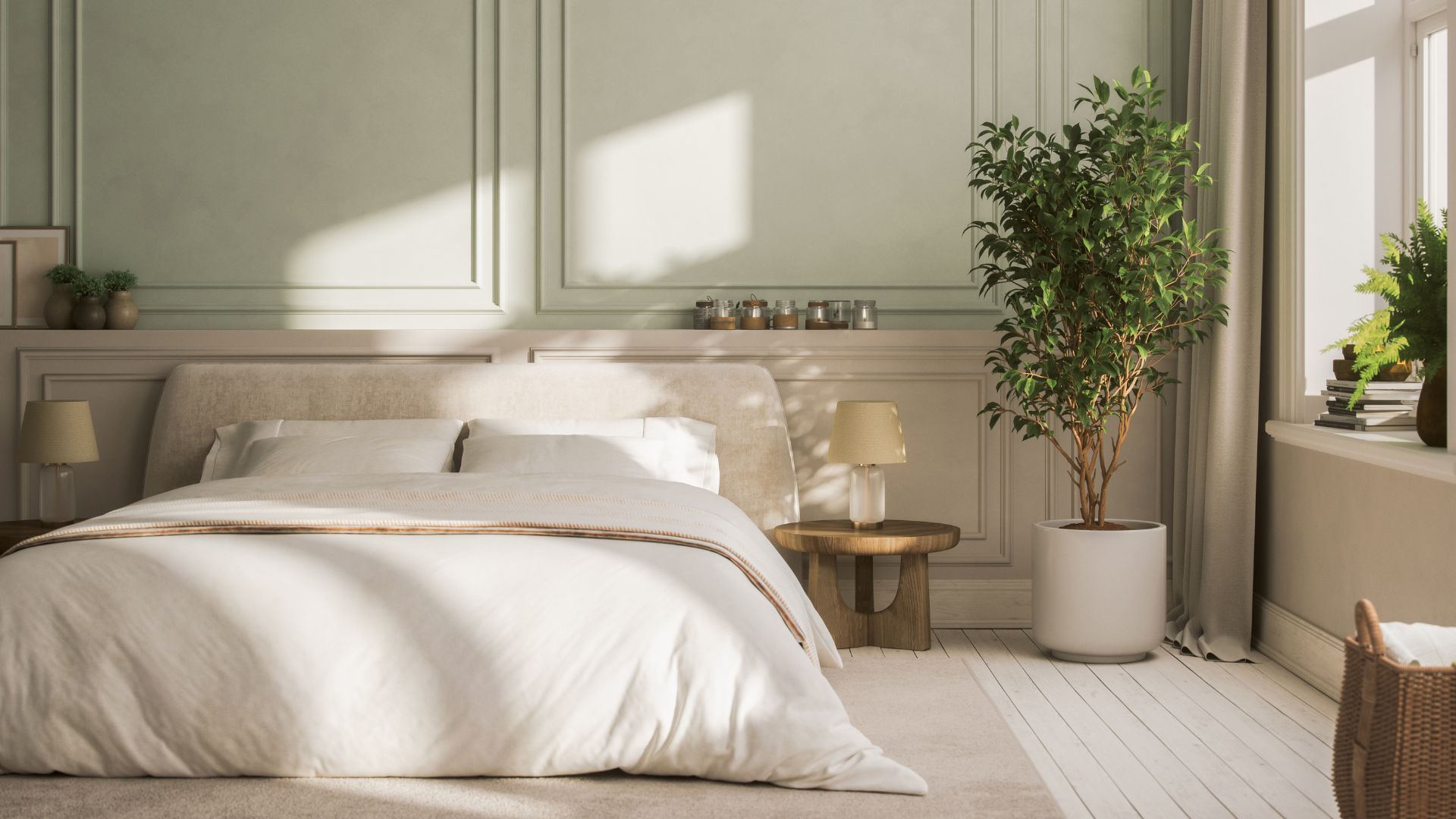
Synthetic bed linen including polyester is not breathable and is best avoided since we spend around eight hours in bed a night. Opt for organic natural fabrics like cotton and linen and natural, nontoxic dyes.
Try natural sleep supplements
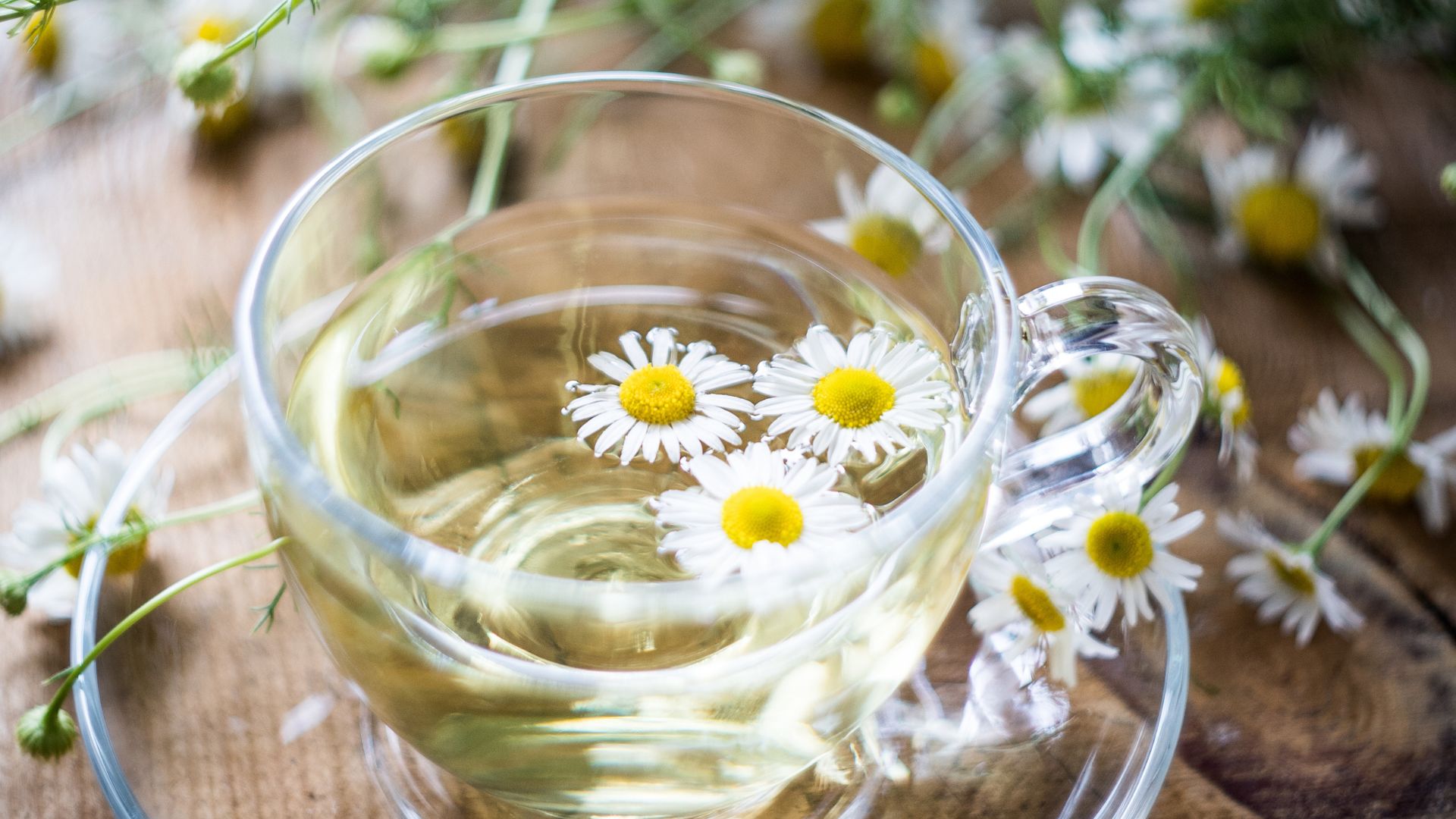
Valerian, CBD oil, and chamomile are all known for their sleep-giving properties. If you’ve tried all else chat to your GP to see whether it’s worth adding one of these natural remedies or teas to your diet.
Use low lighting in your bedroom
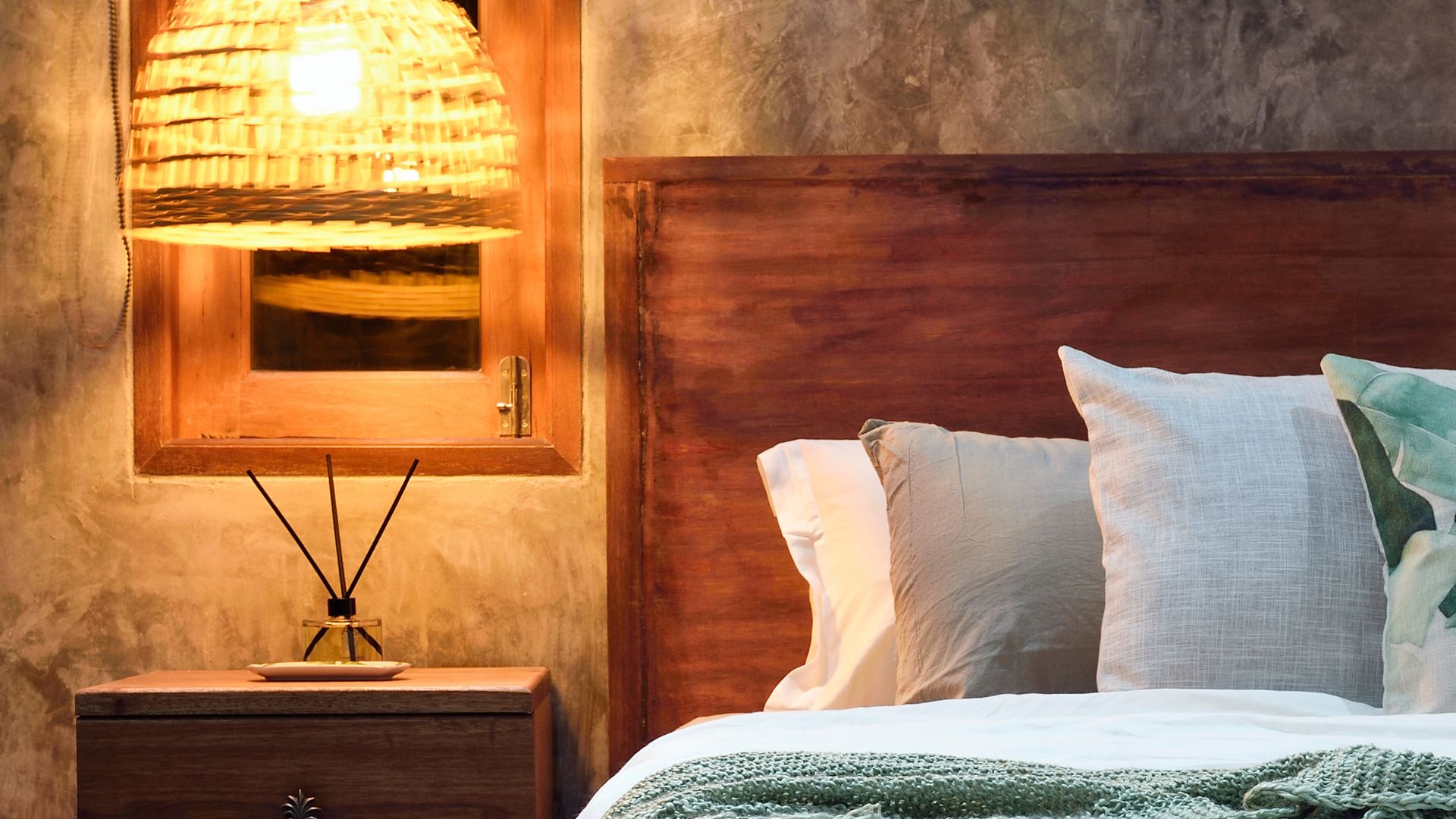
Lamps are your bedroom’s best friend. Create a sleepy sanctuary by turning off all main and harsh lights in your bedroom and setting the scene by switching on a few well-placed lamps. The low lighting will automatically induce feelings of sleepiness.
Try a light yoga session
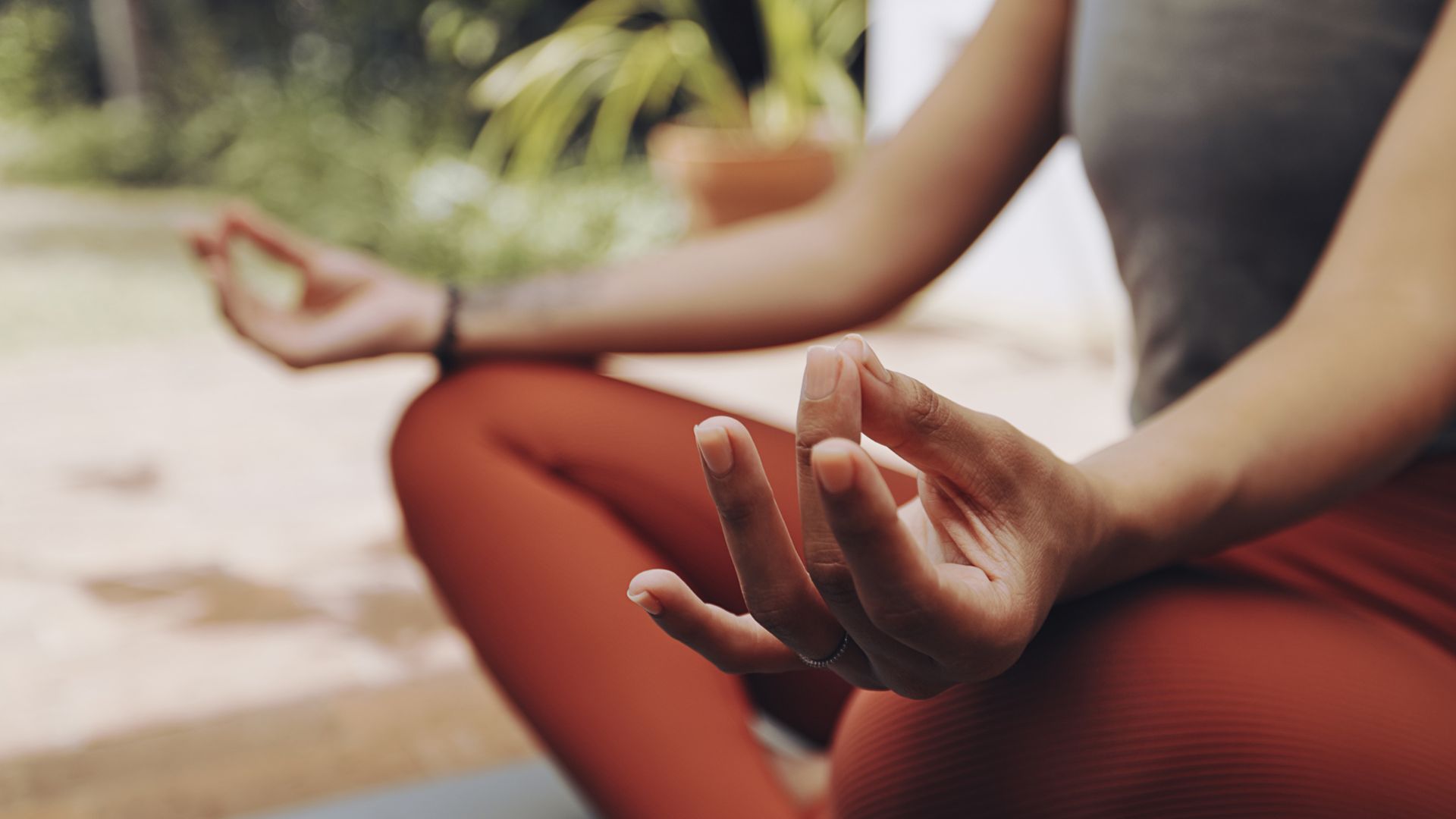
While it’s best to stick to strenuous and deep yogic stretches in the morning, a light relaxing yoga session before bed can do wonders for your sleep quality. Just ten or twenty minutes is enough to reap the benefits. Try a YouTube tutorial with Adriene.
Stay hydrated
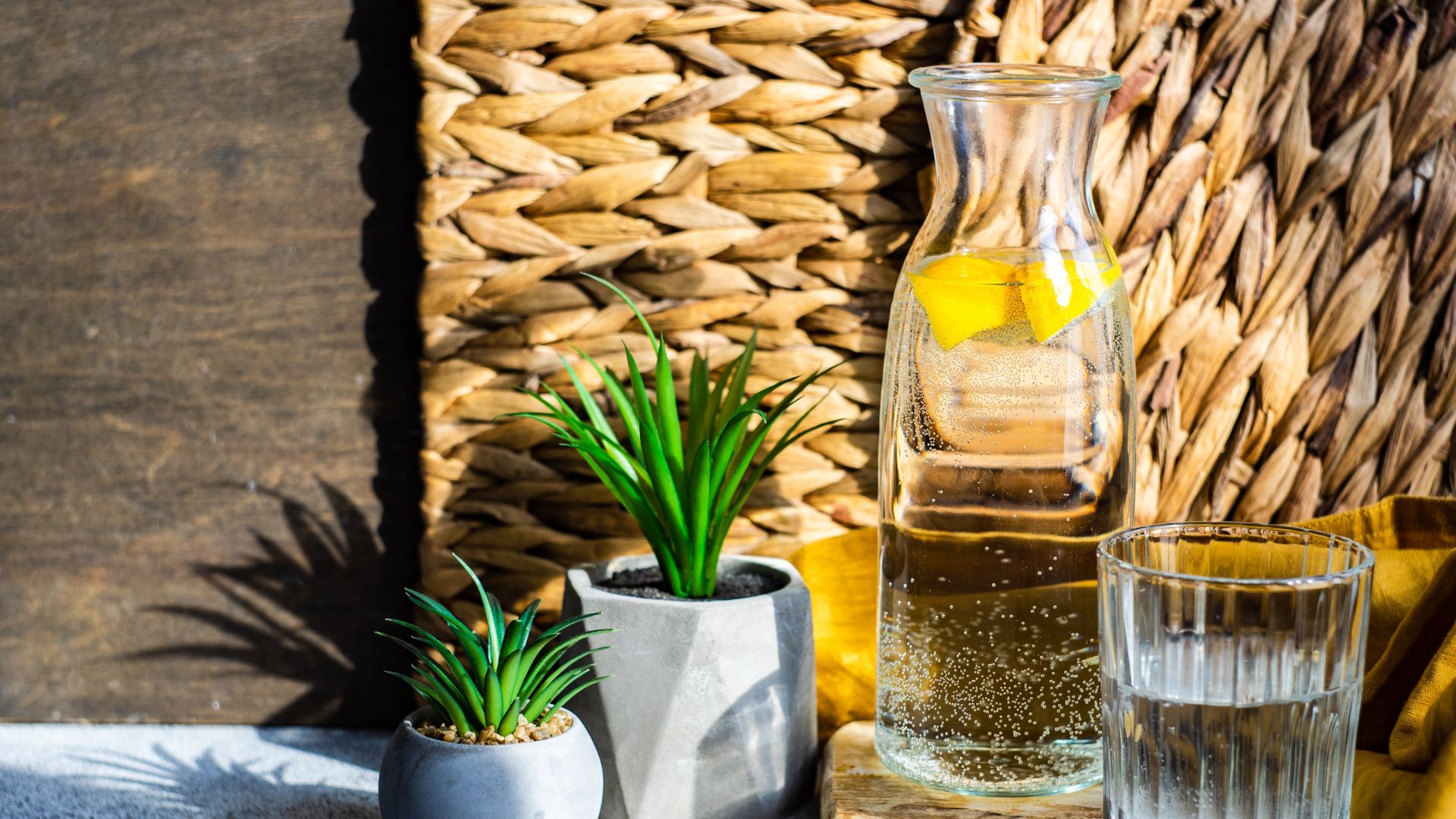
Making sure you’re drinking enough water throughout the day is essential for good sleep. Aim for two litres a day. If you struggle with plain water, try herbal teas - chamomile and kava are particularly good for helping aid sleep.
Reduce daytime napping
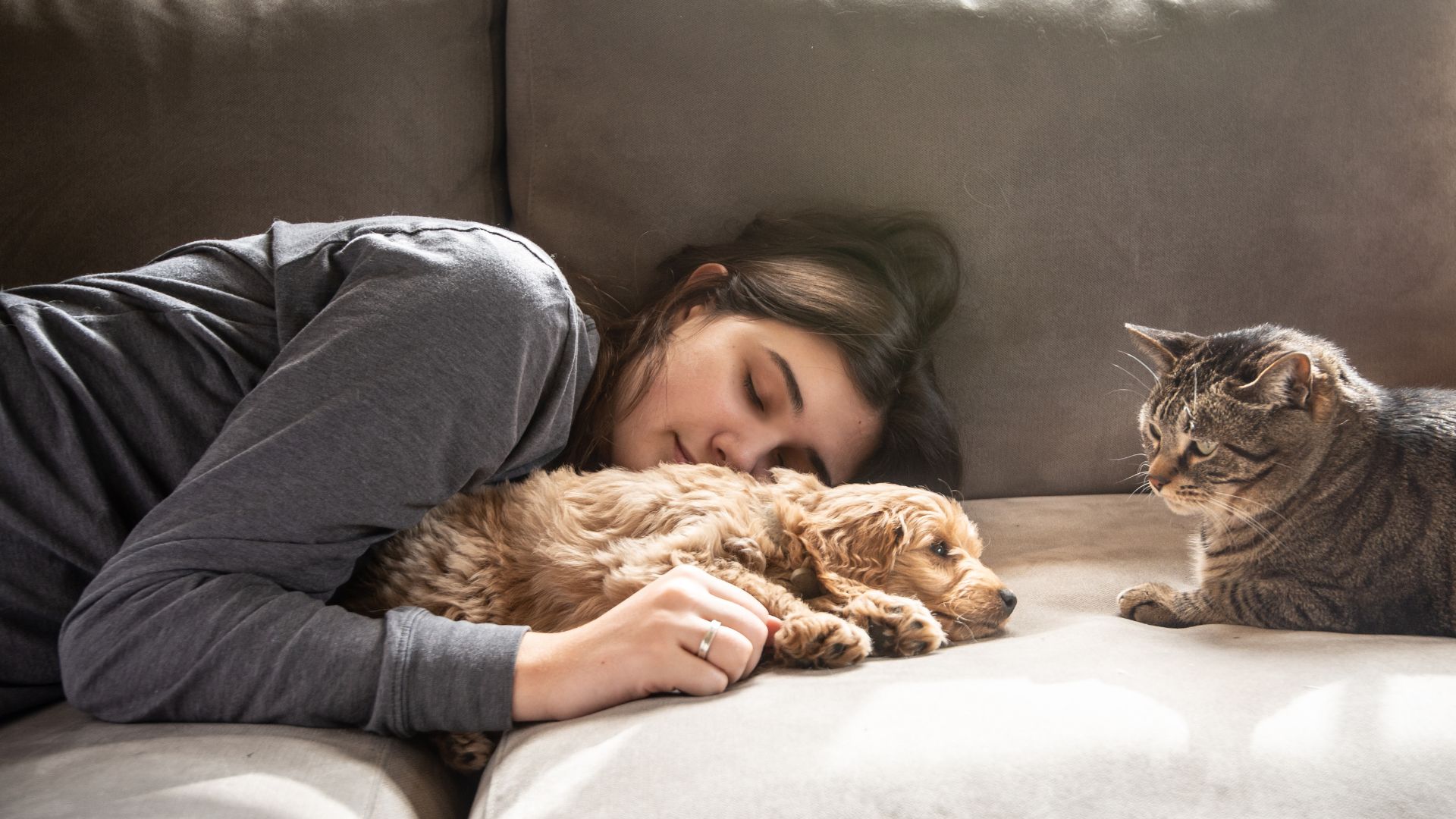
If you must nap during the day take short naps, lasting no longer than 15 minutes. According to the National Library of Medicine short naps “can immediately improve how well we perform mentally, with results lasting up to three hours after we wake up. The key to power naps is to keep them short (after 20 minutes we start drifting into deep sleep).”
Separate your bedroom from your office
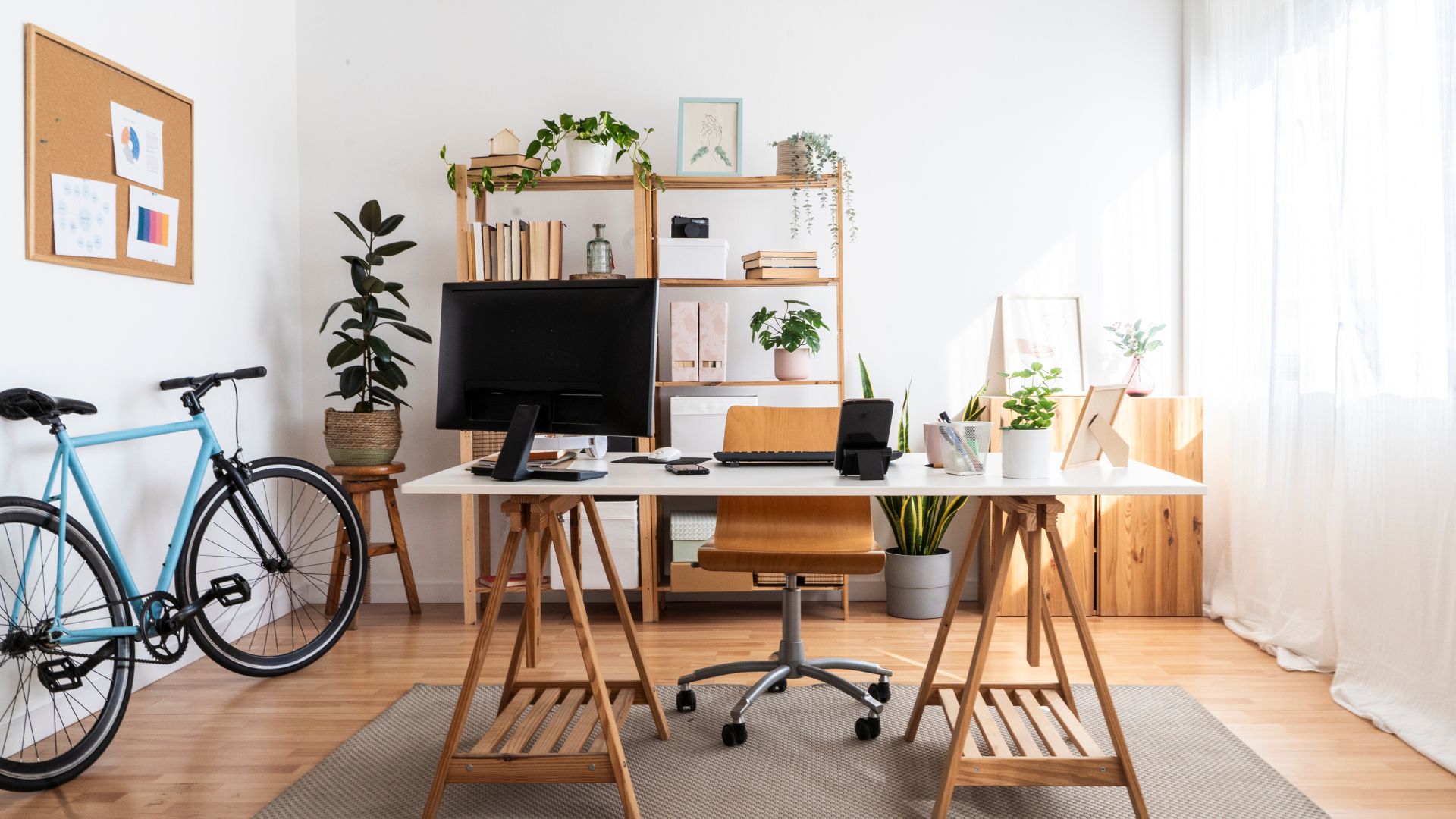
Work has no place in the bedroom so always avoid taking work to bed. It will do nothing to help you drift off, in fact, it will most likely have the opposite effect. For deep, restful sleep try to stop work at least two hours before starting your bedtime routine.
Think about ditching your sleep tracker

These little gadgets that have suddenly exploded in popularity can cause more anxiety than it’s worth. If you’re getting fixated on sleep or your lack of it thanks to a sleep ring or smartwatch, maybe it’s time to give it up.
Say adios to nicotine

If you need any more reason to give it smoking this is it. According to the National Library of Medicine, “nicotine, the primary cigarette component, disrupts sleep by causing disturbances when used before bedtime and due to nighttime cravings. It also leads to irregular circadian rhythms, snoring, and obstructive sleep apnea”.
Consider a new mattress

While you don’t need a new mattress very often, if you’re consistently sleeping badly and your mattress is very old it could be time for a new one. Always consider carbon-neutral options or plant-based mattresses if you can afford them.
Eliminate noise

If you’re a light sleeper noise pollution will be your worst enemy. Grab some earplugs for a deeper more comfortable sleep. If you struggle with huge foam plugs that don’t really work with dainty ears, try soft silicone ear plugs that can easily be torn in two.
Get outside as soon as possible
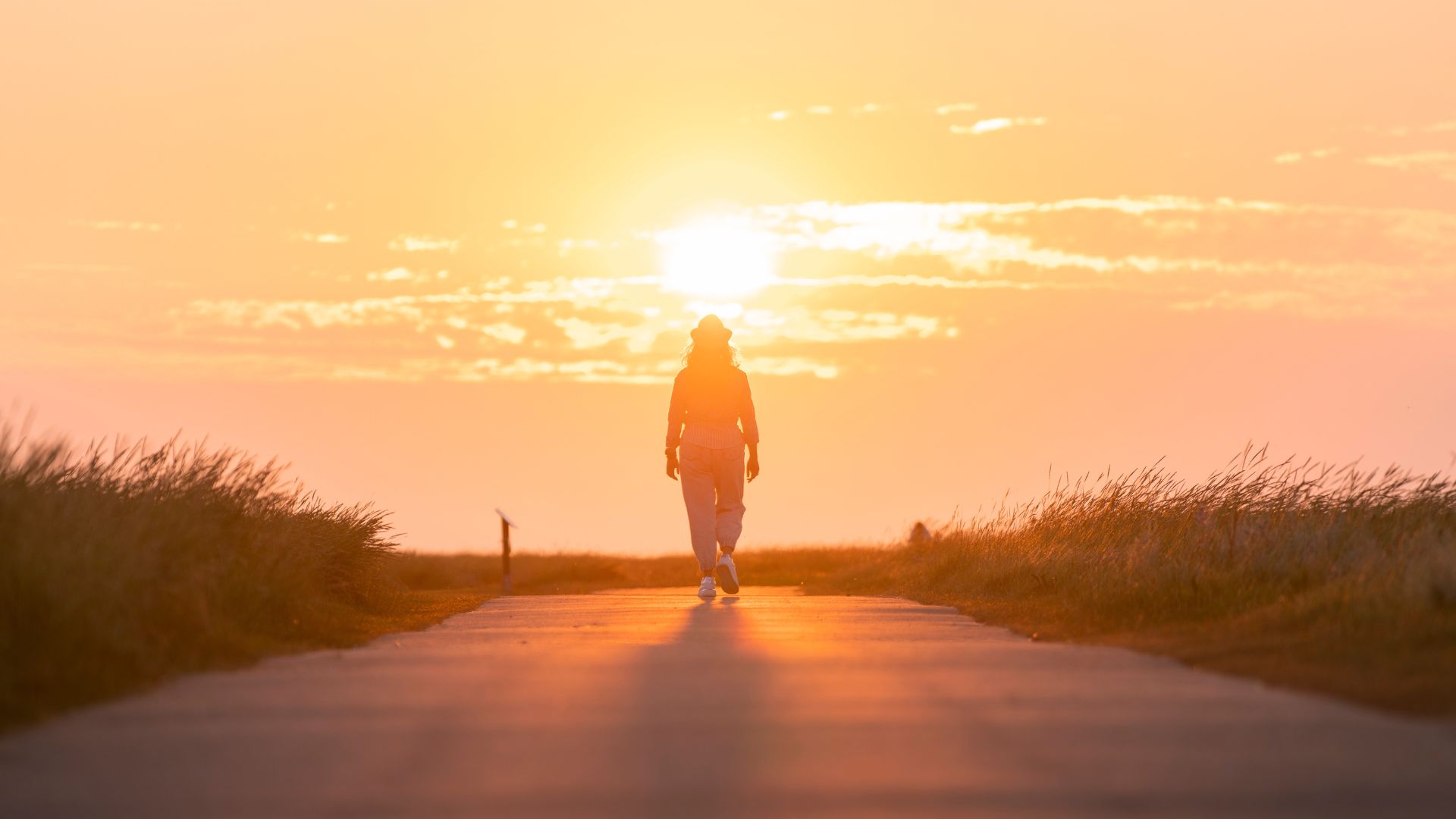
Getting a dose of natural light as early as possible in the day can help normalize your circadian rhythm which is essential for good sleep. To do this it’s best to head outside for 15-20 minutes as soon as you wake - dog owners will already know the benefit of this simple tip.
Ensure your pillows work for you
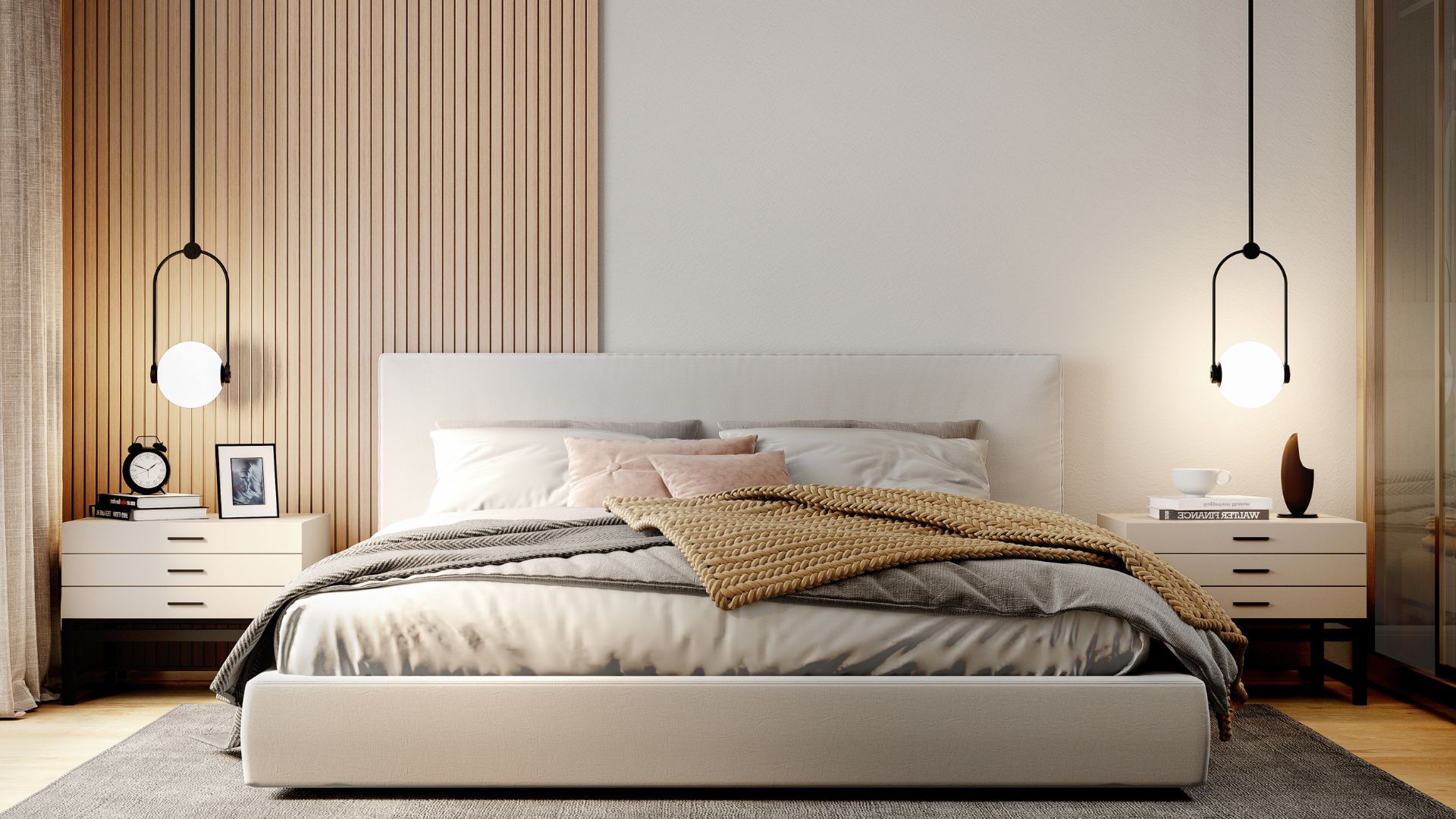
Firm pillows are essential for head and neck support during sleep so if you’re struggling to nod off it could be time to invest in some new pillows.
Declutter your bedroom

Make your bedroom a sacred space where you love to spend time. Of course, you’re not going to sleep well if you’re surrounded by clutter and mess. Simplify your space and in the words of Marie Kondo, get rid of anything that doesn’t spark joy.

Lydia is a nomadic travel writer and solo travel expert with two decades of journalistic experience (including a nine-year stint as a fashion and beauty editor and five as a lifestyle director).
An intrepid explorer, Lydia writes about her adventures for The Sunday Times, Condé Nast Traveler, The Guardian, BBC Travel, Harper's Bazaar, ELLE, Marie Claire US, The London Standard, woman&home, Good Food, Women’s Health, Australia's Body+Soul and easyJet Traveller.
-
 I’ve been writing about the royals for years - here’s what I predict Kate Middleton will wear at Easter (and what I wish she’d wear instead)
I’ve been writing about the royals for years - here’s what I predict Kate Middleton will wear at Easter (and what I wish she’d wear instead)All eyes will be on the Princess of Wales if she attends the Royal Family's Easter Sunday church service for the first time since 2023.
By Emma Shacklock
-
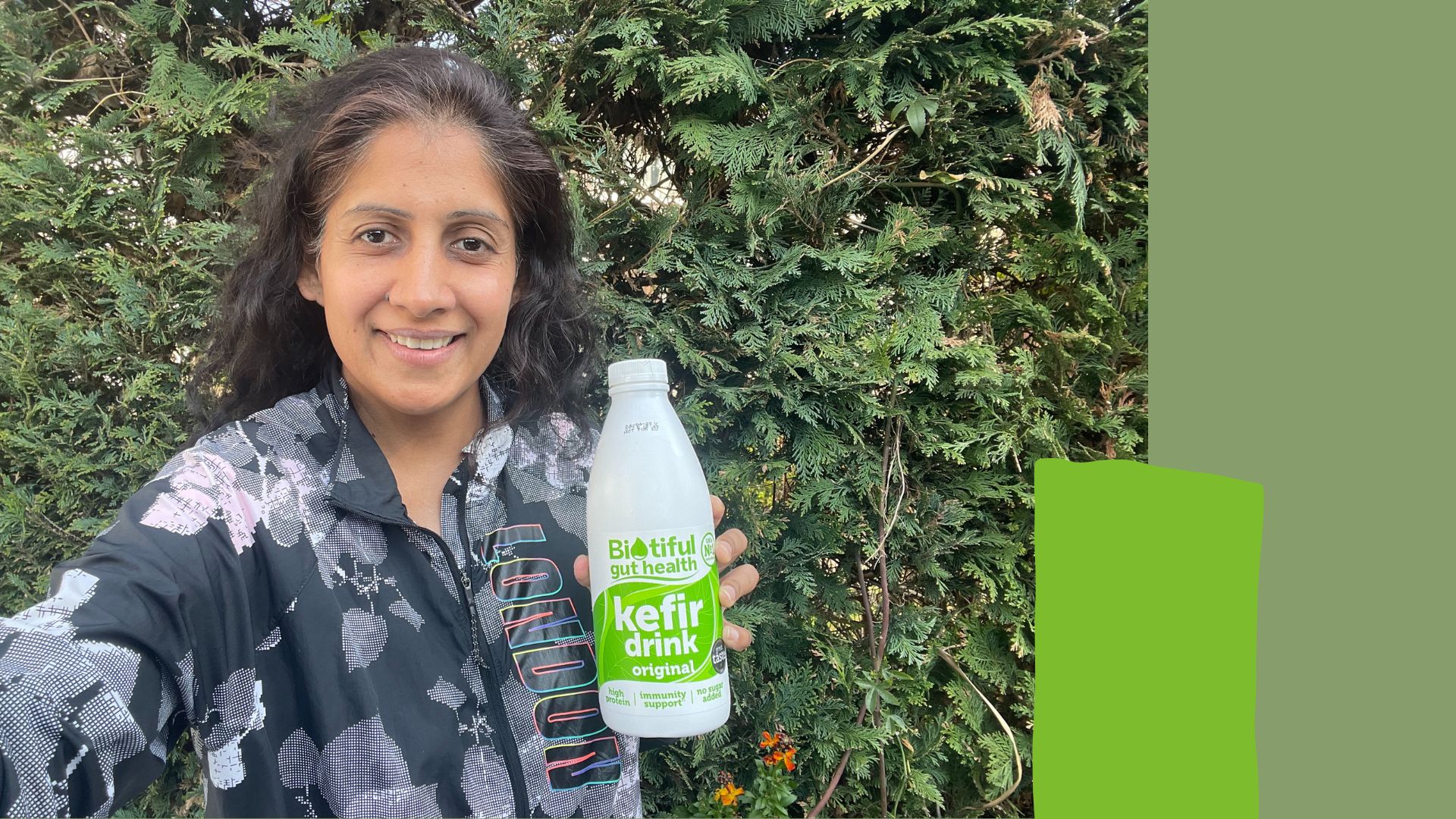 I swapped my regular breakfast for 'gut-friendly' kefir - these are the real benefits of the drink
I swapped my regular breakfast for 'gut-friendly' kefir - these are the real benefits of the drinkYou might have heard of the benefits of drinking kefir, but are they really all they're cracked up to be? Minreet Kaur finds out.
By Minreet Kaur
